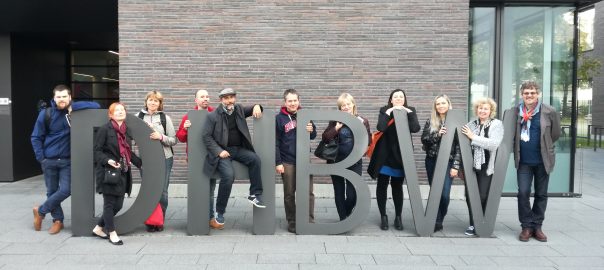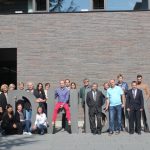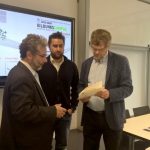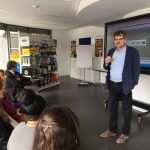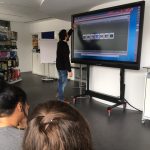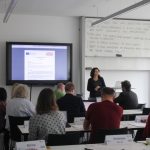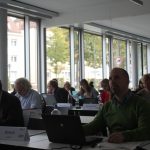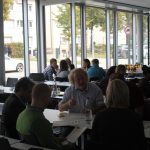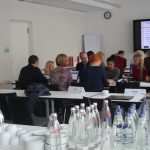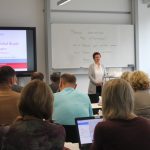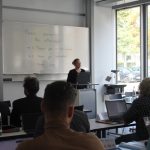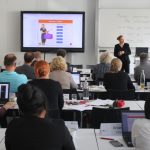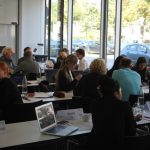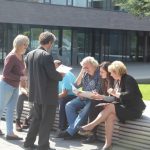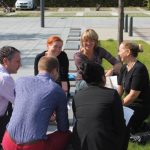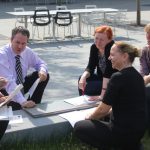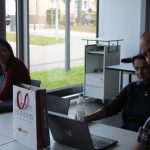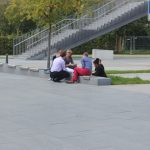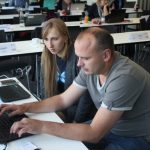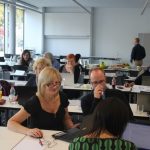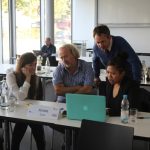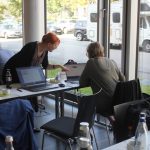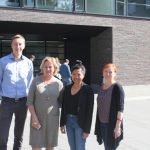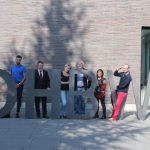The importance of intercultural competences, of the course design and to know your target audience as well as the fruitful international discussions, and learning about new tools were claimed as the main benefits for participating at the 2nd (final) VOCAL short-term staff training event that took place in Heilbronn, Germany between 18-22 September.
23 participants from VOCAL partner institutions continued their work together that started in Kaunas this May to acquire competences on tutoring international, intercultural and diverse learner groups and digitalization of quality learning resources. They were working on the VOCAL Moodle platform as well as in groups, sharing the focus between the training material and the foundations of the 6 re-developed courses that will be the next great assignment for the participants.
At the end of the event we have asked participants to share what their key messages, achievements were that they will take home with them. Here are some of their responses:
“I found the guest presentations and the presented tools the most useful during the training week.”
“The international discussions were really fruitful. I could also finally have a clear picture of the course design and how to proceed about it.”
“I meet new people with whom I can continue working and I think that we can collaborate in future projects.”
“The more I learn about intercultural competence the more I am aware about its importance.”
“There’s a lot of work and thoughtful preparation when designing online courses, and that the international and intercultural dimension is almost always impossible to avoid… so it’s something that should always be considered and thought about. I also learned got a better overview of how to structure a course. I particularly liked the cultural intelligence framework and would incorporate it in my own teaching and research.”
“There are more similarities in the teaching world than expected.”
“Always over plan a training content- and activity wise, as it is better to take home “unused” slides and activities than not knowing how to kill the time.”
“Its nice and productive to use colleagues experience and to benefit from collaboration.”
“It’s very important to know your target audience. That’s where everything starts – how you structure and adapt your content, how you differentiate it and what aspects should be considered when planning.”
The VOCAL partnership appreciates and expresses its gratitude to the
Baden-Württenberg Cooperative State University Heilbronn
for the great work of organising the training event
and to all the trainers for their dedication and professionalism.

